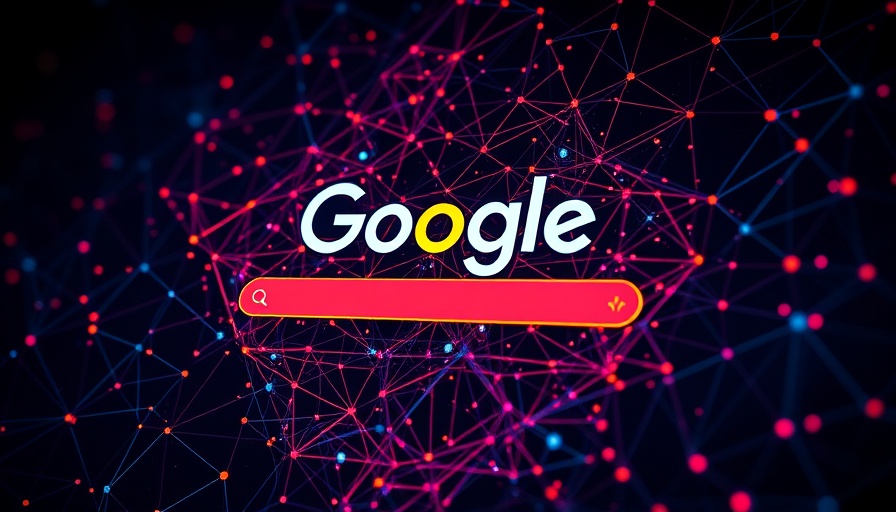
The Evolution of AI Content in Digital Marketing
AI-generated content has fundamentally transformed the landscape of digital marketing, allowing businesses to produce vast amounts of copy - from articles to product descriptions - in a fraction of the time it once took. This shift raises significant questions about the role of AI in search engine optimization (SEO) and how it aligns with Google's evolving guidelines. Understanding these changes is critical for marketers.
Navigating Google's AI Content Policies
Google's approach to AI content has become increasingly nuanced. Initially met with skepticism, the search engine has clarified its position: it is more interested in the quality and user-centric nature of content over its human or AI origins. According to Google's most recent policy updates, AI-generated content that genuinely provides value, addresses user queries, and adheres to the E-E-A-T principles (Experience, Expertise, Authoritativeness, Trustworthiness) is deemed compliant.
Content designed solely to manipulate search rankings, on the other hand, is penalized. This shift in focus empowers marketers to use AI strategically rather than shun it entirely, promoting the integration of AI with ethics and effectiveness in mind.
The Advantages and Risks of AI in Content Creation
Today's AI content engines have made it easier than ever to scale content efforts, generating ideas and drafting outlines efficiently. However, with these advantages come significant risks. Overdependency on these tools can lead to generic outputs lacking in depth and authenticity—elements that Google's algorithms prioritize in rankings.
Marketers must prioritize quality over quantity. Content that feels uninspired or overly generic can undermine a brand's integrity and diminish user trust. SEO best practices thus encourage a balanced approach: leveraging AI's speed while ensuring content is polished, authentic, and relevant.
The Human Touch: Fine-Tuning AI-Generated Content
Despite the sophistication of AI tools, human oversight remains indispensable in content marketing. Combining AI's capacity to draft content quickly with expert human review fosters a strategy that mirrors both SEO objectives and brand voice nuances.
Skilled editors play a crucial role in refining AI drafts, ensuring that the output is accurate, engaging, and resonates with the target audience. This hybrid model not only enhances the overall quality of content but also mitigates the risks associated with AI, including the potential for lazy writing or an absence of unique perspectives.
Future Trends in AI Content and SEO
Looking ahead, the synergy between AI technologies and SEO will likely deepen. As advancements continue, marketers must stay informed and adaptable. Understanding evolving algorithms will be key in harnessing AI to enhance visibility without sacrificing content integrity.
Furthermore, the trend toward personalization in content delivery means that AI must not only be used for efficiency but also to create situations where content is tailored to the specific needs and contexts of individual users—combining machine speed with human creativity and insight.
Conclusion: Embracing AI Responsibly
AI-generated content offers exciting opportunities but must be embraced responsibly. By marrying AI capabilities with human creativity and oversight, marketers can optimize their digital strategies while complying with Google’s evolving content policies. Balancing these elements is crucial for businesses that wish to sustain a competitive edge in the dynamic digital landscape.
To stay ahead in the ever-evolving digital marketing world, consider developing a strategy that leverages AI while emphasizing the human element in content creation. Taking a thoughtful approach can set your brand apart in an increasingly crowded marketplace.
 Add Row
Add Row  Add
Add 




Write A Comment